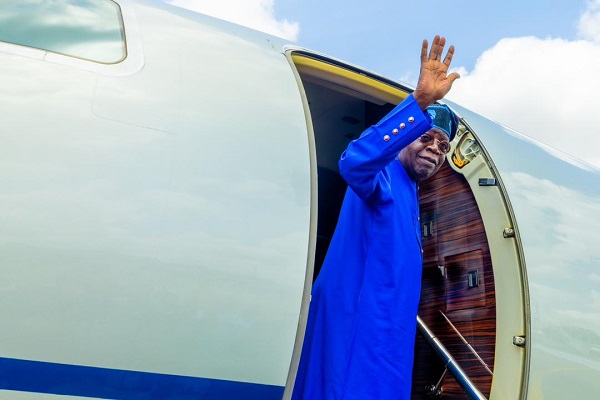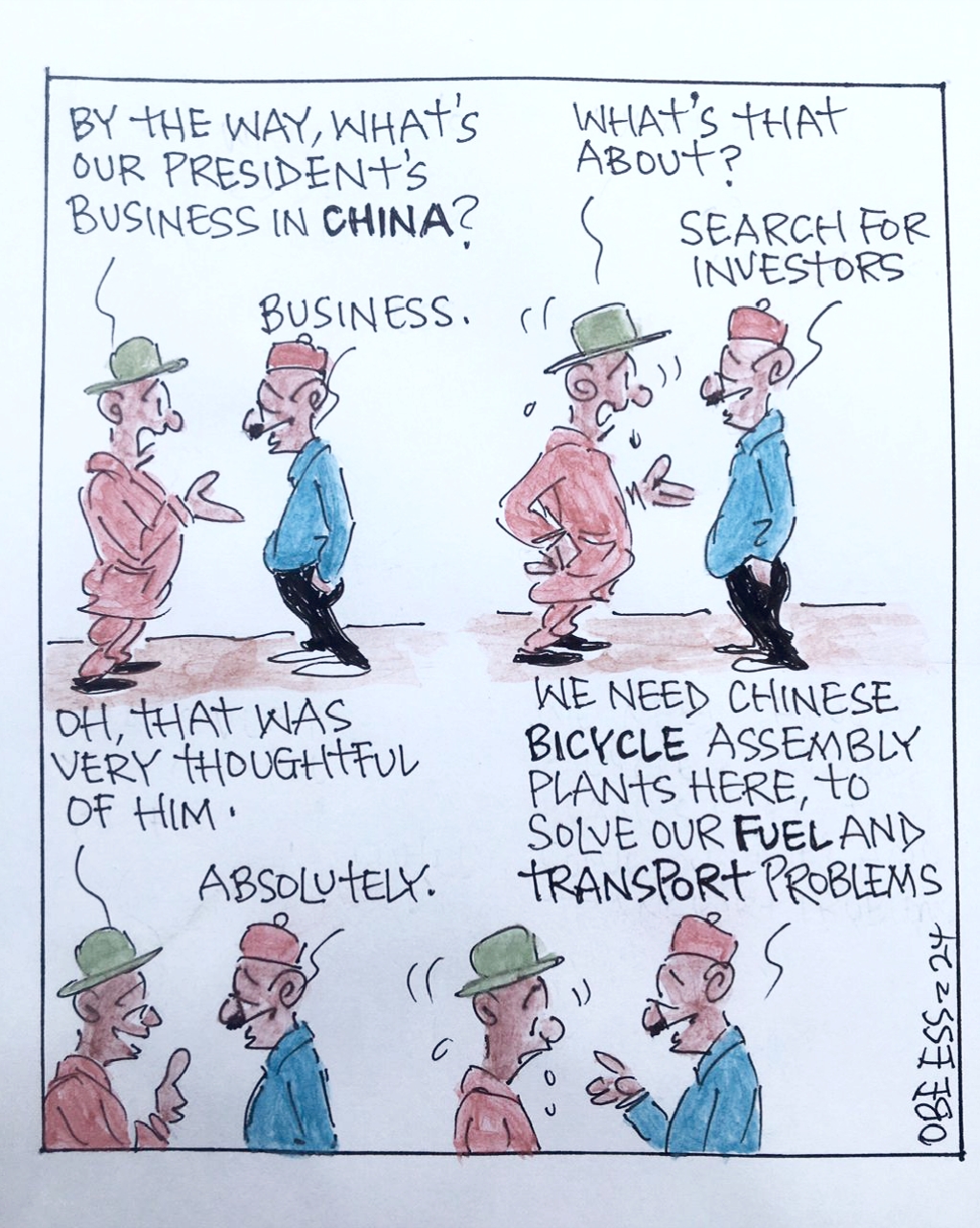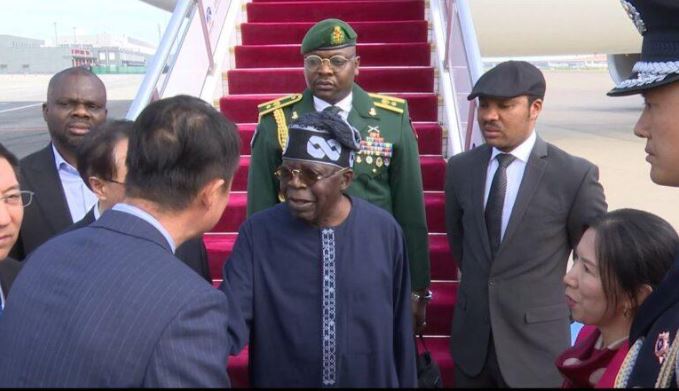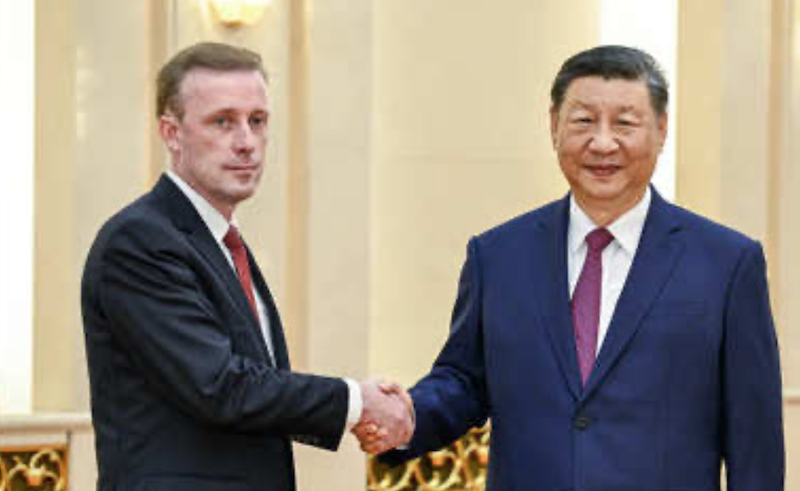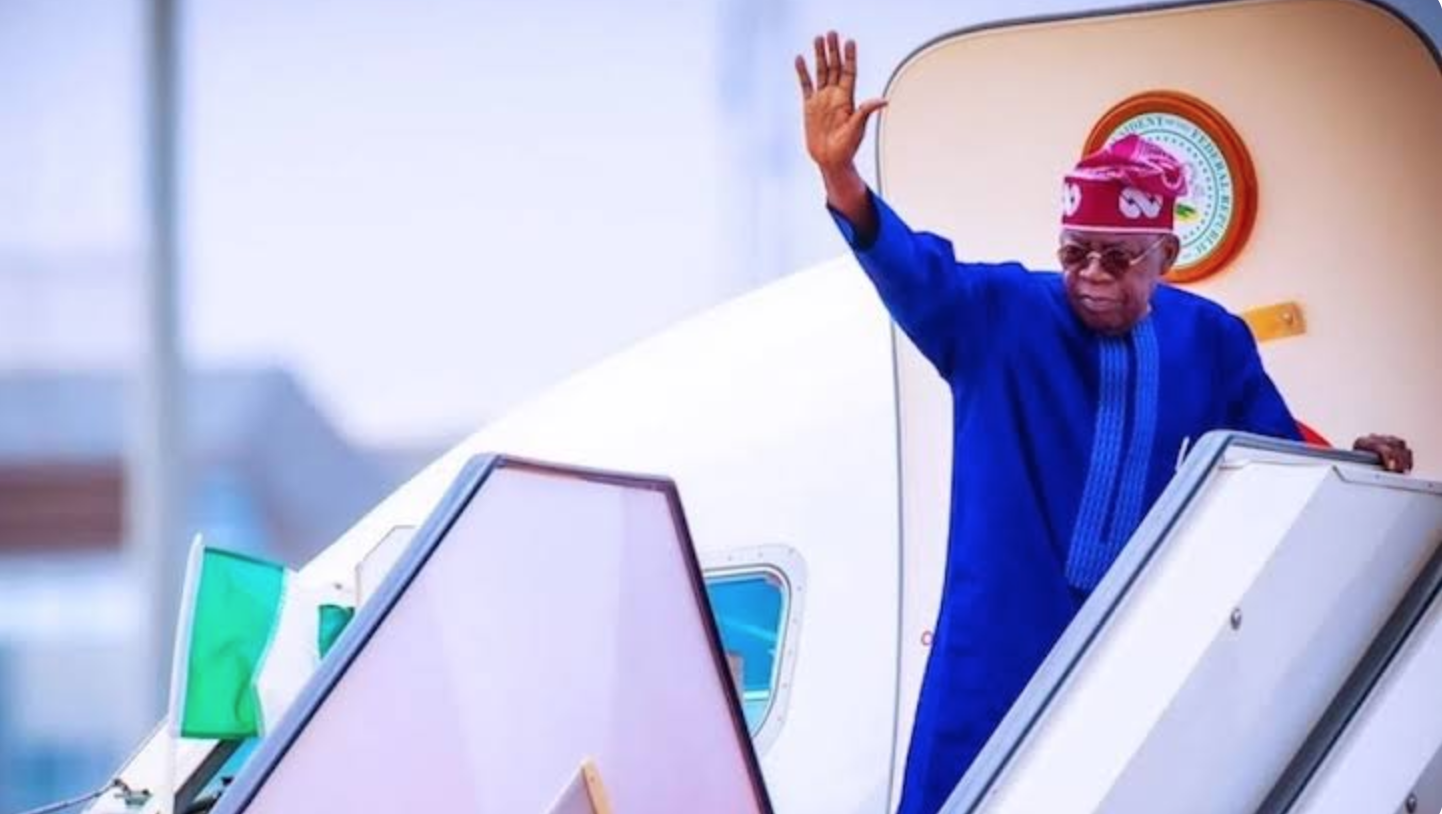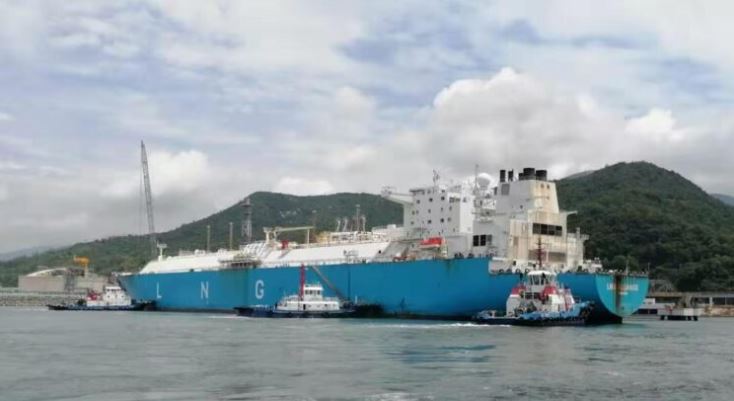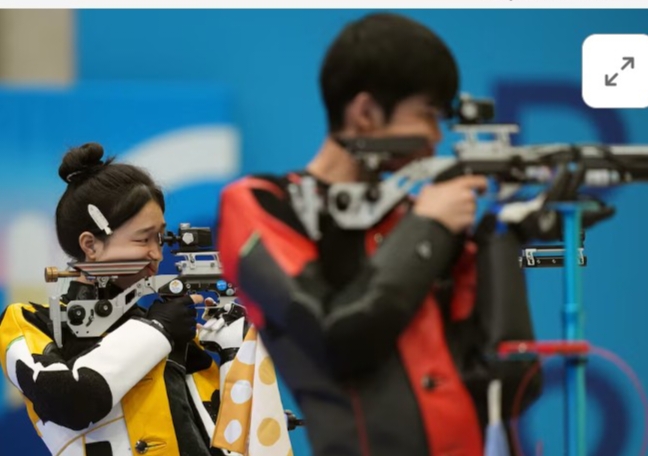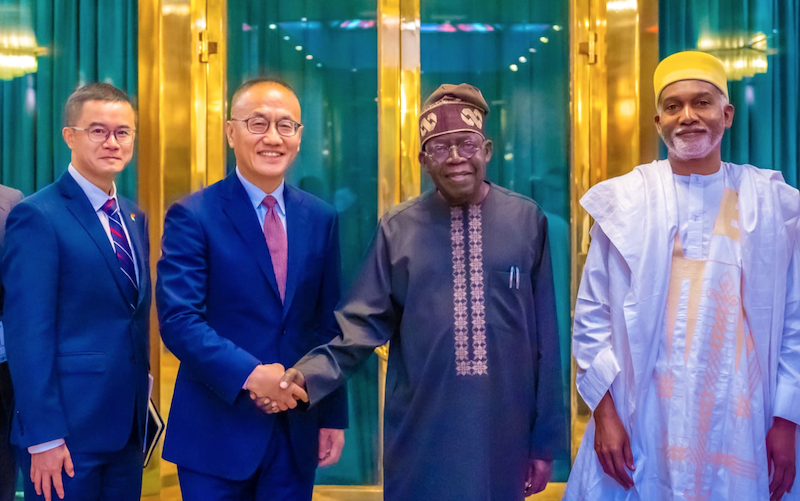THE on-going Triennial Forum on China-Africa Cooperation, FOCAC, holding in Beijing from September 4-6, 2024, raises a fundamental question: do both sides understand the language they speak?
The theme: “Joining Hands to Advance Modernisation and Build High-Level China-Africa Community with a Shared Future”, presupposes that both are walking hand-in-hand towards the same direction. But do two walk together unless there is an agreement? The ‘strategic partnership’ agreements being signed by China and individual African countries do not give the impression that they are on the same page.
To formalise these agreements, Chinese President Xi Jinping has met with African leaders like Presidents Felix Tshsekedi of the Democratic Republic of Congo, Bola Ahmed Tinubu of Nigeria and the leaders of Mali, Togo, Djibouti and Comoros.
In my reading of the summit, China’s interests are basically four. First, is to hugely increase its exports and services to Africa which includes building infrastructure.
The second is to vastly increase its imports from Africa, basically minerals like lithium, copper and cobalt.
The third is to better safeguard its funds by moving billions of dollars which can be trapped in the United States to Africa as loans. The loans promised this Thursday is $50.70 billion.
The fourth is to influence countries and build partnership across the globe. This is evident in its being able to gather over 50 African leaders in its capital. This is as China faces the issue of Taiwanese sovereignty, challenges with countries in the South China Sea and handling the unpredictability that is the USA, a giant that has a history of trampling on countries. On the long run, China hopes to crown its influence with a land and sea network linking it with Africa.
On the other hand, I cannot decipher what Africa’s strategic interests are beyond endorsing statements and agreements, and, expecting more from the perceived generosity of China. For me, Africa would have achieved quite a lot, if all we do is study China.
Let us use the agreement Nigeria signed this week with China as a case study. Permit me to begin with a preliminary observation. While President Tinubu is in China, Vice President Kashim Shettima back home, led the Nigeria National Economic Council which included Ministers and State Governors, to meet American billionaire, Bill Gates. Now, Gates, a salesman of capital and suspect vaccines, is not quite trusted in Nigeria.
Gates said, six years ago, he told the same Nigerian elite corps about the urgent need to invest in the country’s greatest resource: its people.
Gates’ pain is the obvious neglect and abandonment of the Nigerian people to the extent that, at least, 18.3 million of its children are today out of school.
Nigeria, in the agreement with China, stated it has “the largest population in Africa”. True, but as Gates pointed out, we have neglected this huge human resource. This is to the extent that some educated Nigerian youths prefer to cross the Sahara Desert, endure suffering and possible enslavement in North African countries, and cross the vast Mediterranean Sea into unfriendly reception in Europe, rather than remain in the country.
Nigeria claimed that its economic reforms and that of China are “…on a similar course”. I beg to disagree. While China’s economic reforms had, by 2017, lifted 300 million people out of poverty, Nigeria sank deeper, making it the poverty capital of the world. By 2024, China has wiped out extreme poverty, making it the United Nations model for poverty eradication. This is at a time Nigeria is talking about poverty alleviation.
Rather than compare ourselves with China on such matters, Africa should learn. For instance, the key strategies China employed to eradicate extreme poverty are education, production, ecological compensation, social assistance and relocation. In Nigeria’s case, rather than expand educational opportunities, we are contracting it and even making our youths obtain education loans to meet increasing costs. Our production is in so terrible a state that rather than refine petroleum products, we prefer importation and increasing their prices leading to unprecedented hyper-inflation.
So, while China’s reforms have led to it by 2023 refining 14.8 million barrels per day, Nigeria’s reforms have led to zero fuel refining in the last three decades.
As for ecology, we have abandoned our people to the devastation that is oil and environmental pollution and, advancing desert. Yes, we engage in social assistance but this programme is widely acknowledged as a criminal enterprise with billions of Naira in the pockets and bank accounts of identifiable persons, including past ministers.
Relocation was an important strategy: rather than struggle to rebuild old villages, the Chinese simply built new ones and relocated the people. I recall in 2017 visiting two of such model relocations in the remote villages of Yangguang and Xinxing.
Rather than Nigeria and China reforms being on a similar course, they are actually headed in opposite directions. While China manages its foreign exchange by refusing to let it float uncontrollably, Nigeria uncritically tossed its currency into shark-infested seas expecting it to float. It is like tossing a baby into a river and expecting the child to swim.
Nigeria’s electricity reforms are wrapped in rich layers of propaganda with the only reality being ever higher tariffs, for criminally poor services. Under claimed reforms, the electricity sector, except its transmission arm, was auctioned to private owners in September 2013. Rather than improvements, all that are audible are lamentations. Then suddenly, after a Federal Executive Council meeting, the Buhari administration announced on February 20, 2020, that the country was generating 13,000MW and transmitting 7,000MW when the installed distribution capacity was about 4,000kw! That did not lead to improved services as it was obviously a fabulous story told through the lips of then Power Minister, Mamman Saleh.
On Monday, September 3, 2024, Power Minister Adebayo Adelabu announced his own figures about the country hitting a three-year high of 5,313mw; same as it was eight years ago! But I did not hear him tell us our actual distribution.
No, Nigeria and China are not operating on the same wave length. While China’s reforms are pro-people and development-oriented, Nigeria’s version are anti-people; more of deformities than reforms.
A piece of good news is that Presidents Xi and Tinubu agreed on currency swap to boost trade between their countries. The expectation is that unlike President Buhari who made a similar agreement for a $2.4 billion swap in 2018, but did not have the balls to implement it, President Tinubu would be courageous enough to see this through.
The hope is that at this FOCAC 2024, Africa and China would neither speak Latin nor Greek, but a language both sides understand and, that we would be humble enough to learn from China.
